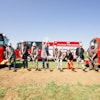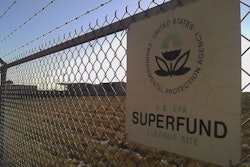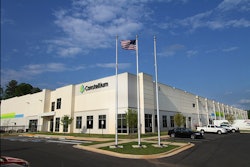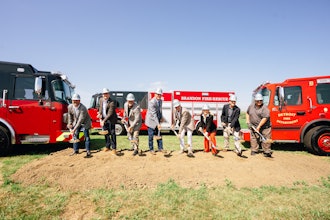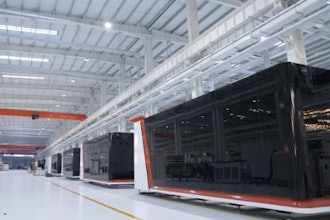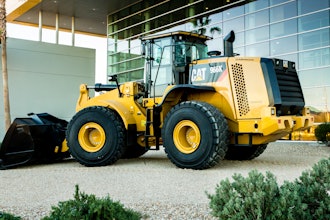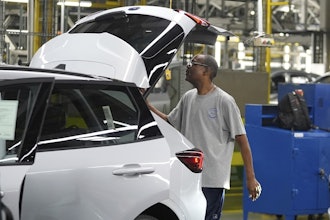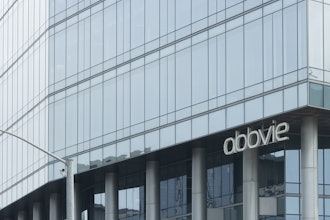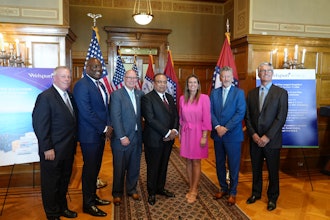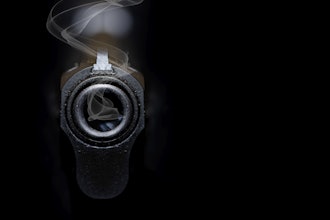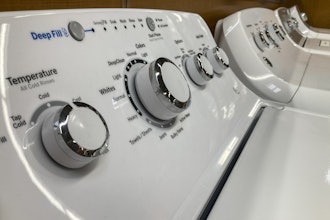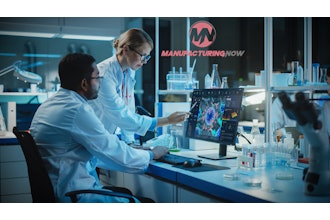Research groups and ambitious startups alike are lining up to help tackle the world's growing problem of plastic pollution — either by cleaning it or developing a cost-effective renewable replacement.
But one entrepreneur in the U.K. believes he has come up with a way to not only clean up plastic, but to make millions doing it.
Adrian Griffiths told Bloomberg that his company, Recycling Technologies, could “change the history of plastic in the world.”
His team designed a machine about the size of a tennis court that acts as a refinery and uses a process similar to thermal cracking.
The machine, named the RT700, takes in all kinds of plastic waste, thoroughly cleans it and then heats it to 932 degrees Fahrenheit. The heat breaks down the long hydrocarbons in the plastic in order to produce different kinds of oil products.
The resulting oil, called Plaxx, comes in three varieties: a light yellow oil used by petrochemical companies, a thick brown wax that could be used to make shoe polishes or cosmetics and a heavier oil similar to candle wax.
At the moment, only about 10 percent of plastic gets reprocessed because it’s generally cheaper to just make more plastic using petroleum. As a result, plastic continues to pile up around the globe — particularly in the ocean.
A representative from PlasticsEurope, a trade organization that represents more than 100 companies including BASF and Dow Chemical, said that the RT700 could be a “game-changer.”
One RT700 costs about $3.8 million to install and $647,000 to operate each year, but Griffiths said that investors should recoup those costs within two and a half years. After that, he estimates that each machine, which can process at least 7,000 tons of plastic annually, will generate $2.2 million in revenue per year.
So far, RT operates one pilot machine, but Griffith hopes to have 100 RT700s online by 2025.


